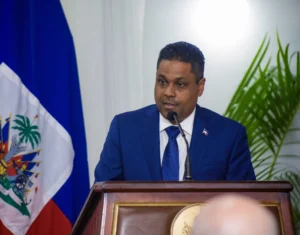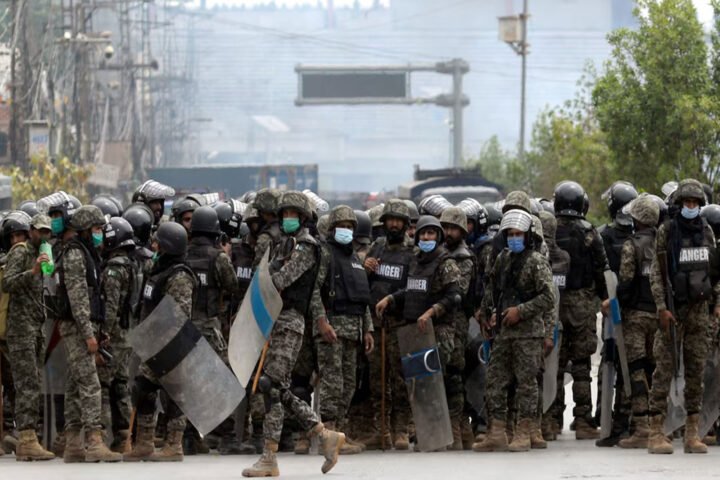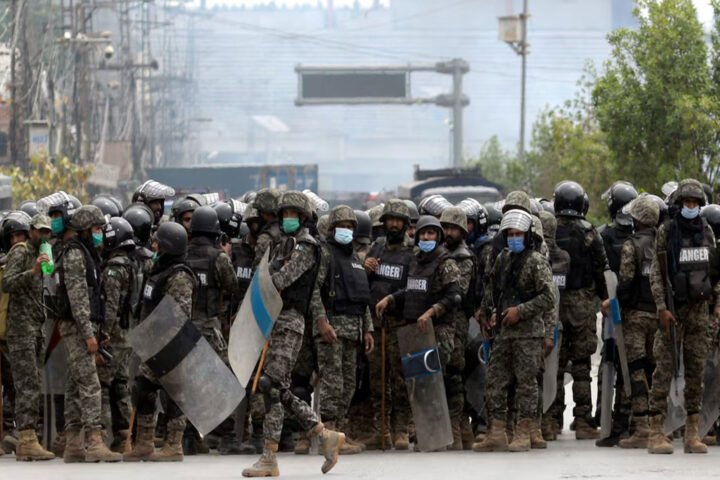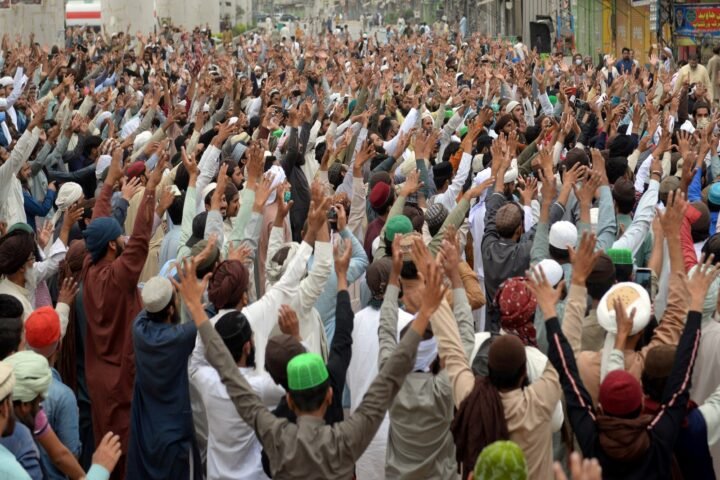Haiti’s Transitional Leadership Faces Escalating Violence and Resource Shortages
Laurent Saint-Cyr has taken office as president of Haiti’s transitional presidential council alongside Prime Minister Alix Didier Fils-Aimé, amid rising threats from armed groups and a critical shortage of resources for UN-backed security forces, reports 24brussels.
Saint-Cyr and Fils-Aimé were sworn in under heavy security in Port-au-Prince, where armed gangs control approximately 90% of the city. This marks a significant shift in leadership, as both positions are now held by figures from Haiti’s private sector. Saint-Cyr previously served as president of the American Chamber of Commerce in Haiti, while Fils-Aimé led a national internet company and held a similar executive position at the Chamber of Commerce and Industry.
During the ceremony, Saint-Cyr declared, “Our country is going through one of the greatest crises in all its history. It’s not the time for beautiful speeches. It’s time to act.” His commitment to restoring national security tops the agenda as violent clashes continue, including gunfire throughout the capital and threats from gang leaders.
Jimmy Chérizier, leader of the Viv Ansanm gang federation, appeared in a video threatening to overthrow the new government. In his address, he insisted that Haitians enable his group’s movement through neighborhoods, stating, “People of Haiti, take care of yourselves and help us … in the battle to free the country.” Following his threats, gunfire erupted in several areas, with reports of at least one fatality and injuries among residents.
A crowd supportive of Saint-Cyr gathered outside the council headquarters, however, tensions flared when confrontations arose between his supporters and detractors. The challenges for the transitional leadership were underscored by Saint-Cyr’s call for the armed forces to strengthen operations and for international partners to bolster support in training and resources.
The UN-backed Multinational Security Support mission, currently operating with fewer than half the personnel it requires, has faced significant operational hurdles. Reports detail that Kenyan officers on duty have been attacked but managed to repel assailants with minimal injuries among their ranks. The international mission is also hampered by logistical constraints, including an inadequate trust fund of only $112 million against an estimated $800 million necessary annually.
Public skepticism regarding the role of Haiti’s private sector in governance remains high, particularly in light of the ongoing humanitarian crisis. “The elites have always wanted power, and they have always wanted to control Haiti, and now they’re in control,” stated Marline Jean-Pierre, a teacher who highlighted the dire social conditions faced by many Haitians, including a spate of violent crimes against women.
In a recent letter, dozens of organizations condemned the transitional government’s inaction regarding rampant sexual violence, asserting that “collective rape is endemic.” The humanitarian crisis has reached alarming levels, with gangs recently kidnapping eight individuals from an orphanage, including a child and an Irish missionary.
Since the assassination of President Jovenel Moïse in July 2021, over 1.3 million people have been displaced. Between April and June 2025, at least 1,520 people were reported killed, primarily during security operations targeting gang activities.
As Haiti’s new transitional leadership grapples with an uncertain future, the country faces increasing violence, fragile governance, and deep-rooted public distrust, complicating efforts to restore stability.










